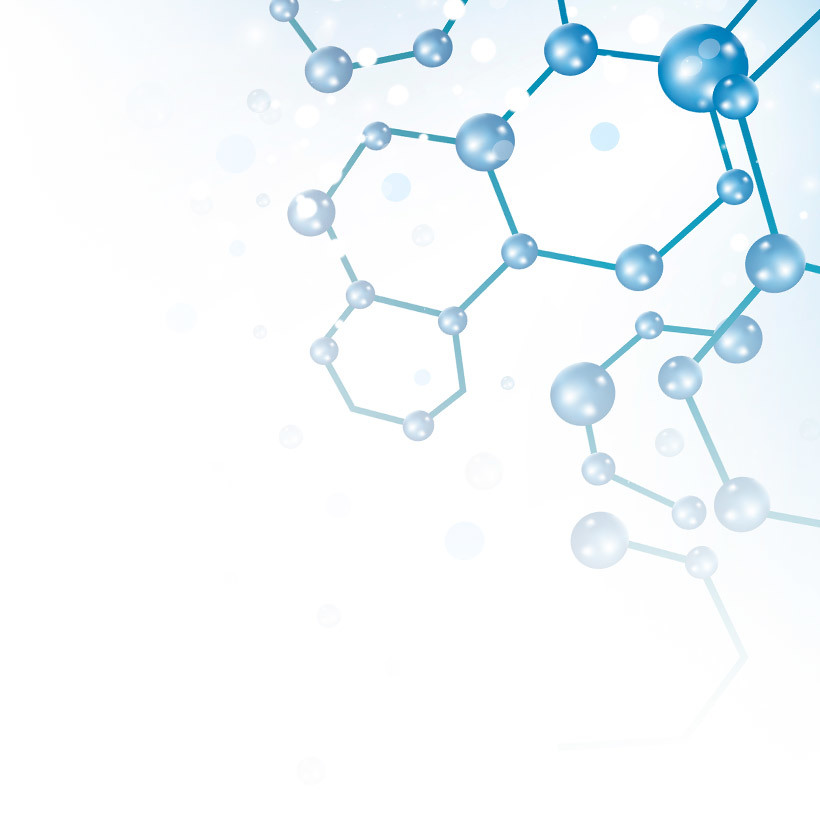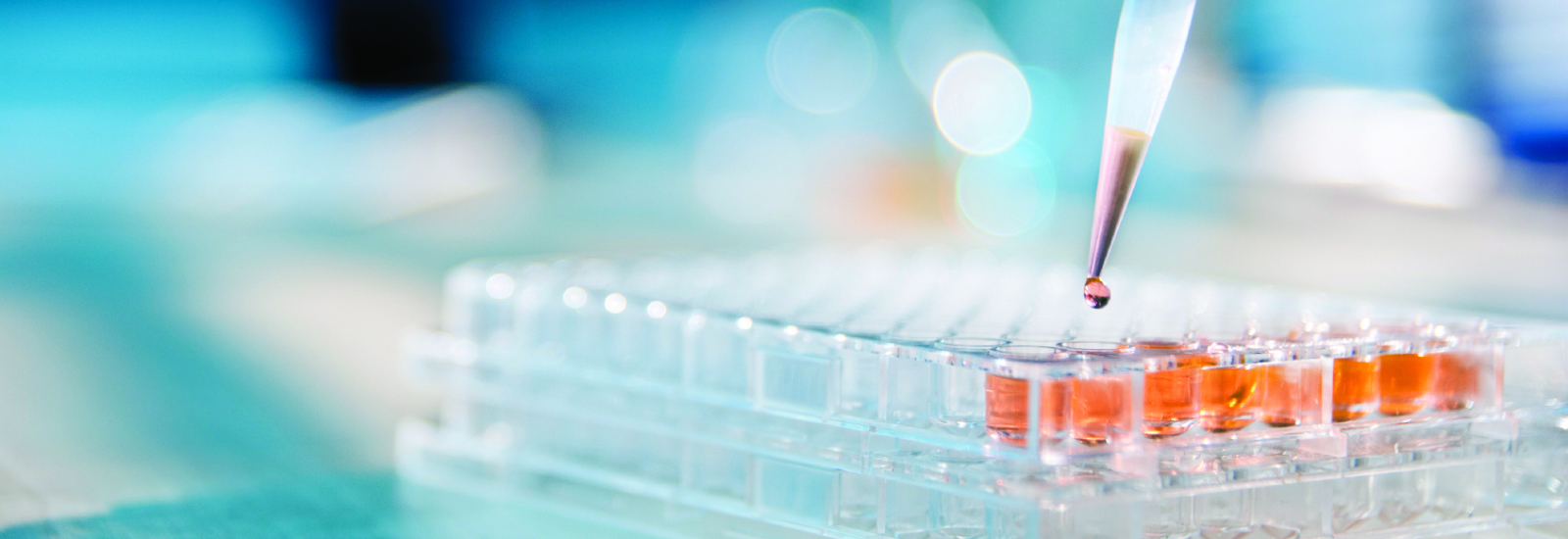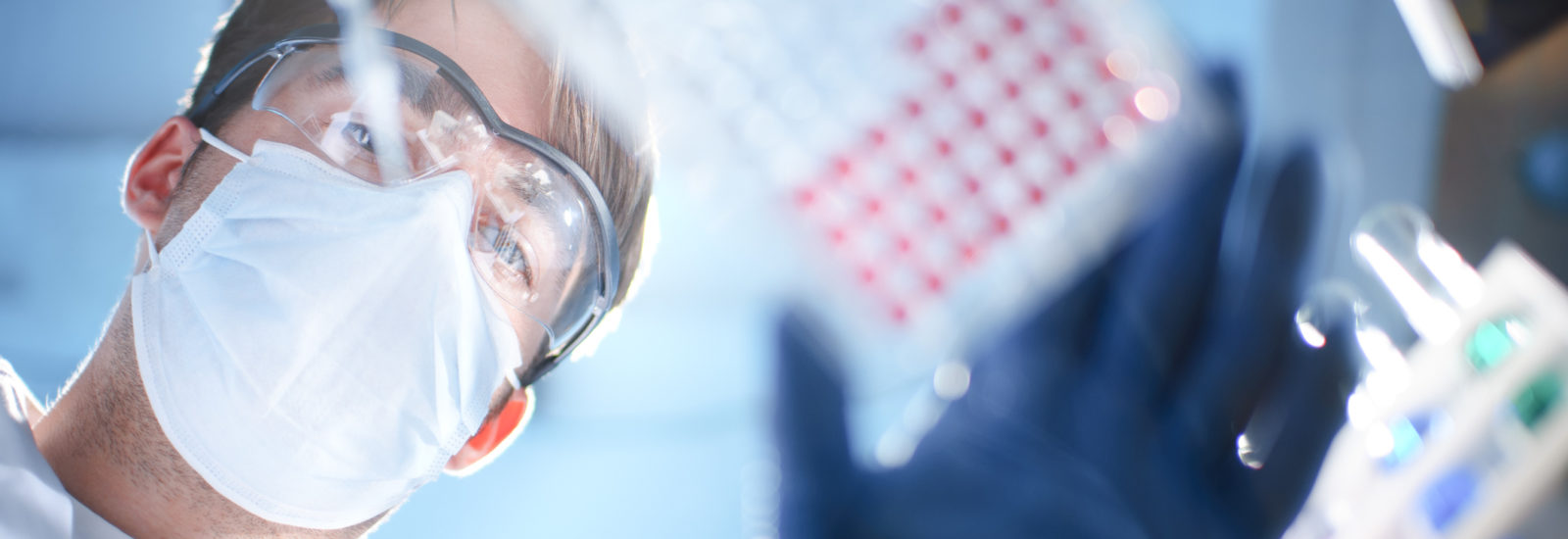

Missing Out on Annual ‘Comforting of the Soul’
- Our Team
- May 29, 2020
- Deja Coffin, Madison Esely-Kohlman, Jolanta Golec
As we begin this summer, many of us are grieving opportunities lost for parties and pool days with friends and family, but today we’d like to take a moment to honor another summer tradition on hold that would normally be celebrated this month by our partner laboratory in Tokai, Japan.
Every year, Japanese laboratories pay homage to animals sacrificed in experiments in a national memorial ceremony known as ireisai. Though the event has been canceled this year out of deference to social distancing practices, our partners at the Drug Development Solutions Center would like to share with our international community a moment to honor the lives given to improve our understanding of therapeutics and advance safe drugs to patients who need them.
Ireisai (慰霊祭) translates to ‘memorial service’ in English, but the Japanese symbols (kanji) that make the word ireisai have deeper meaning. 慰 (means consolation) 霊 (rei means spirit or soul) 祭 (sai means ritual, prayers, or worship), so the ireisai ceremony can be most accurately translated as ‘comforting of the soul.’

Almost all laboratories that conduct animal research in Japan (including universities, corporations, and research laboratories) perform an ireisai to pay tribute to the animals used during experimentation and this Japanese custom is one that has been practiced for over 100 years.1 As a national gesture to preserve ethical decision-making and respect to sanctity of life in science, ireisai is “a complex ritual in which religious ideas such as the first Buddhist principle against killing, mercy, the Confucian belief of ancestor worship, and the Shinto requiem ‘to pacify and comfort the spirit’ are combined and intricately intertwined with instinctive human reverence toward living beings.”2
Each May at the Drug Development Solutions Center, all the employees gather together in a special Japanese style garden at the front of the facility for the ireisai. The garden surrounds a dedicated monument symbolizing appreciation and gratitude for the lives of the animals used in research.
As the ireisai begins, participants are invited to pay their respects to the animals through silent prayer and offerings, including apples, pineapples, oranges, carrots, sweets, and sake. The ceremony that follows involves a chorus of sutra chants led by a Buddhist monk as everyone approaches the altar to participate in oshoko, an offering of incense as a symbol of purification and mindfulness. “We proceed toward the altar and bow slightly in front of the table holding the incense burner. We then step up to the table, take a pinch of the ground incense and drop it into the burner,” explains Jolanta Golec, who has been with the SEKISUI Drug Development Solutions Center since 2013. After oshoko, there are speeches and discourse highlighting the importance of animal welfare in research.

Many of us in Western cultures may not have practices like this one to encourage mindfulness in our fields and appreciation for the sacrifices made for our research to grow, but there are plenty of opportunities to practice and uphold the 3 Rs in drug development:
- Replace the use of animals with alternative techniques, or avoid the use of animals altogether.
- Reduce the number of animals used to a minimum, to obtain information from fewer animals or more information from the same number of animals.
- Refine the way experiments are carried out, to make sure animals suffer as little as possible. This includes better housing and improvements to procedures which minimize pain and suffering and/or improve animal welfare.3
Though it is not currently possible to predict a drug’s behavior in a compound without some in vivo animal studies, in vitro models allow you to replace the use of animals with alternative techniques to answer critical questions in your drug’s development and are constantly advancing to give you more predictive data earlier in the pipeline. Strategic planning to investigate safety-related concerns such as drug metabolism and risk of drug-drug interactions (DDI) using well-planned experiments and high-quality in vitro test systems like hepatocytes and subcellular fractions can help you plan your in vivo studies to reduce the number of animals used or even avoid some animal studies altogether later in development.
To ethically source refined experiments, consider partnering with an in vivo CRO with credentials to back up their dedication to animal welfare. In addition to their annual animal memorial service, the Drug Development Solutions Center prioritizes space, cleanliness, and humane practices and procedures for all in vivo studies involving laboratory animals, maintaining AAALAC accreditation to demonstrate strict adherence to international animal welfare standards. Partnering with an experienced team like the Drug Development Solutions Center (with more than 50 years of in vivo ADME and radiolabeling expertise) can help you have confidence not only in the quality of results but in the way the experiments are carried out.
Learn more about:
1 T Nishikawa and N Morishita, “Current Status of Memorial Services for Laboratory Animals in Japan: A Questionnaire Survey” Exp. Anim. 61(2), 177–181, 2012
2Yoda, K. and Matsuo, S. 1999. Bull. School High-Technol. Hum. Welf. Tokai Univ. 9: 265–274 (in Japanese).
3 “The 3 Rs and Animal Welfare” December 2019. Understanding Animal Researchhttps://www.understandinganimalresearch.org.uk/animals/three-rs/
About the Authors
Related Posts
DDSC In Vivo ADME Expertise Providing Cost Savings
Subscribe to our Newsletter
Stay up to date with our news, events and research

Do you have a question or a request for upcoming blog content?
We love to get your feedback
